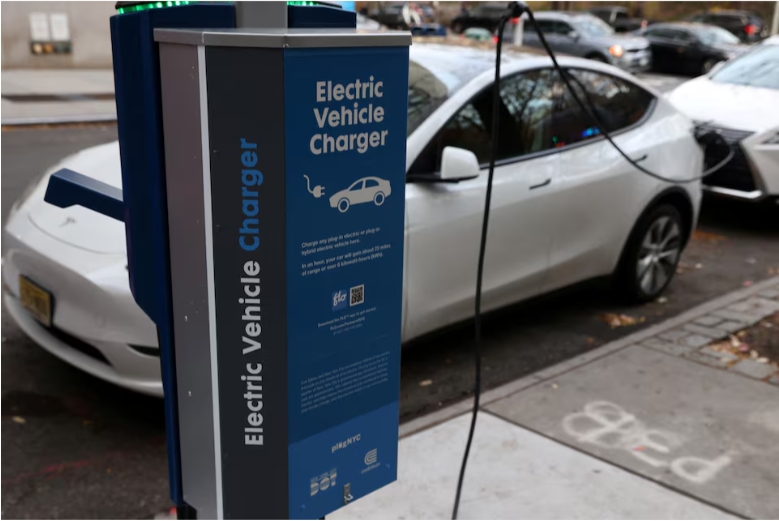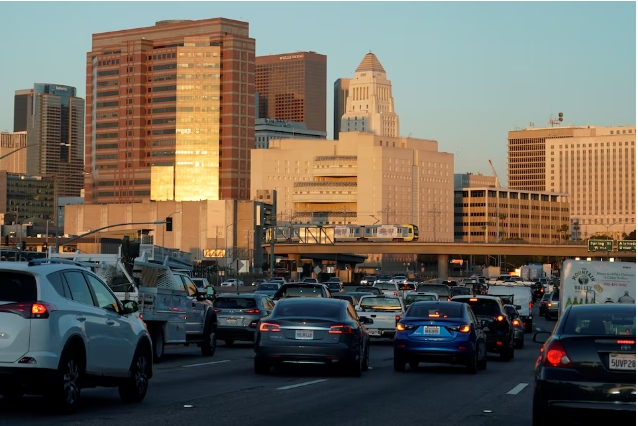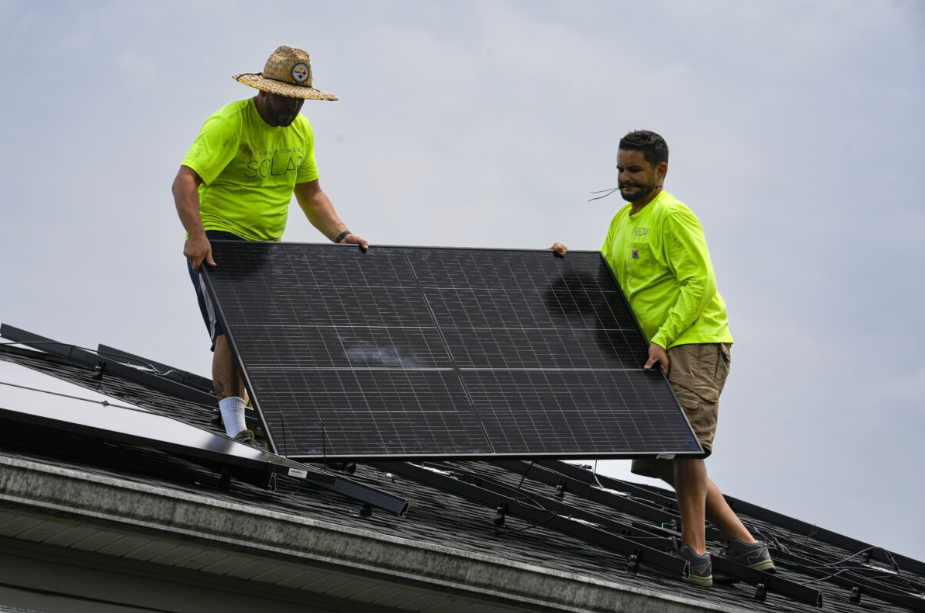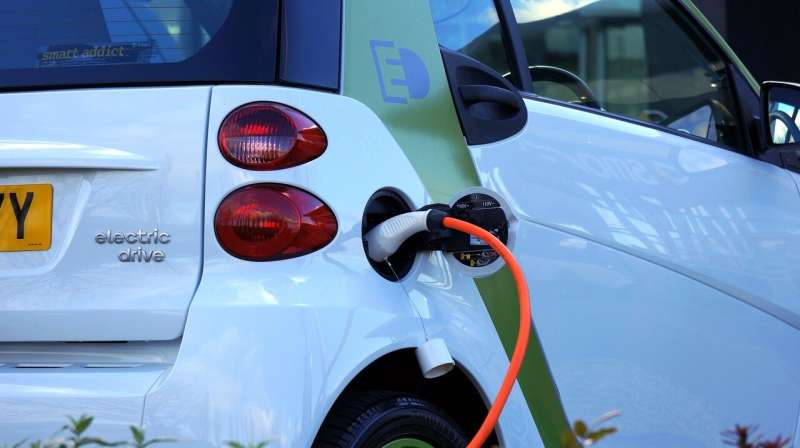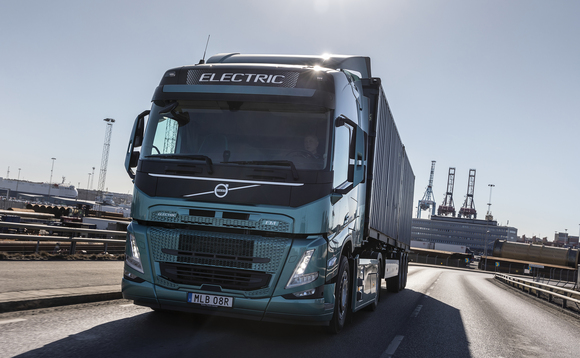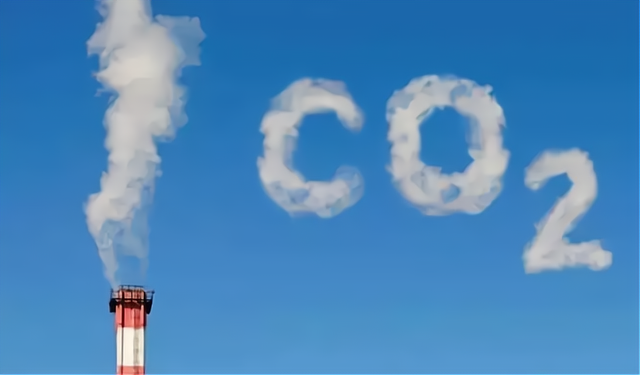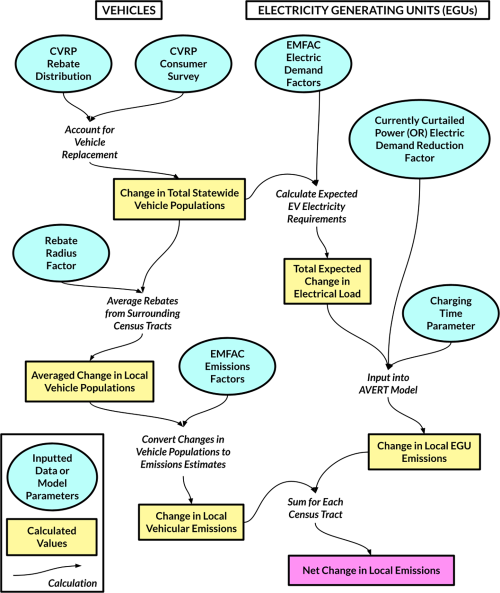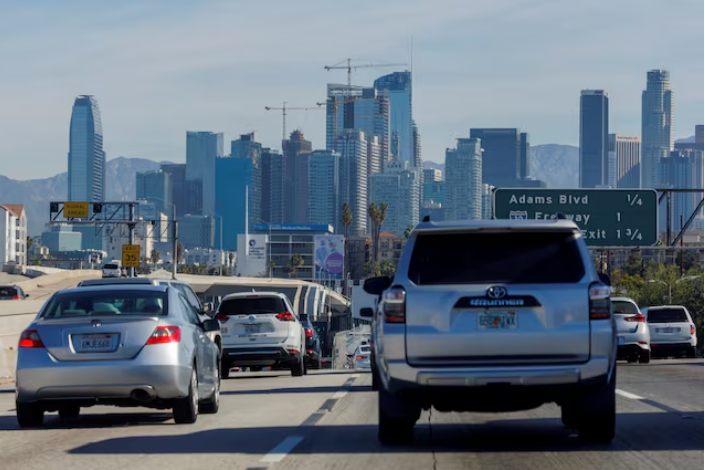
The lawsuit filed Thursday in the U.S. Court of Appeals for the District of Columbia challenges the 2027-2032 model year EPA vehicle emissions rules that aim to cut fleetwide tailpipe emissions for cars and light trucks by nearly 50% over 2026 levels in 2032.
California, New York, Michigan, Pennsylvania and other states sought to intervene by filing a motion in the lawsuit saying they could be harmed if the EPA did not require future reductions in harmful vehicle emissions.
"California won’t sit back – we’re not going to watch radical Republicans put the profits of big oil over the health of our planet,” said Governor Gavin Newsom in a statement.
The states joined by the District of Columbia, Los Angeles, New York and Denver, said a win by the Republican states "would contribute to increased short- and long-term emissions of harmful pollution, resulting in direct injuries to state lands, resources, infrastructure, and public programs."
Kentucky Attorney General Russell Coleman said last week the EPA rules would harm the American economy, threaten jobs and raise prices while undermining the U.S. electricity grid.
Republican state officials argue the administration wants to transform the American passenger vehicle market through strict rules and force automakers to shift production to EVs.
The regulations are among the most significant environmental rules implemented under Biden, who has made tackling climate change a key pillar of his presidency. The EPA has forecast that between 35% and 56% of new vehicles sold between 2030 and 2032 would be electric.
The EPA said the final rules cuts emissions by 49% by 2032 over 2026 levels compared with 56% under its previous plan. EPA chief Michael Regan said the rule impose "absolutely no mandate" on manufacturers to adopt electric vehicles.
